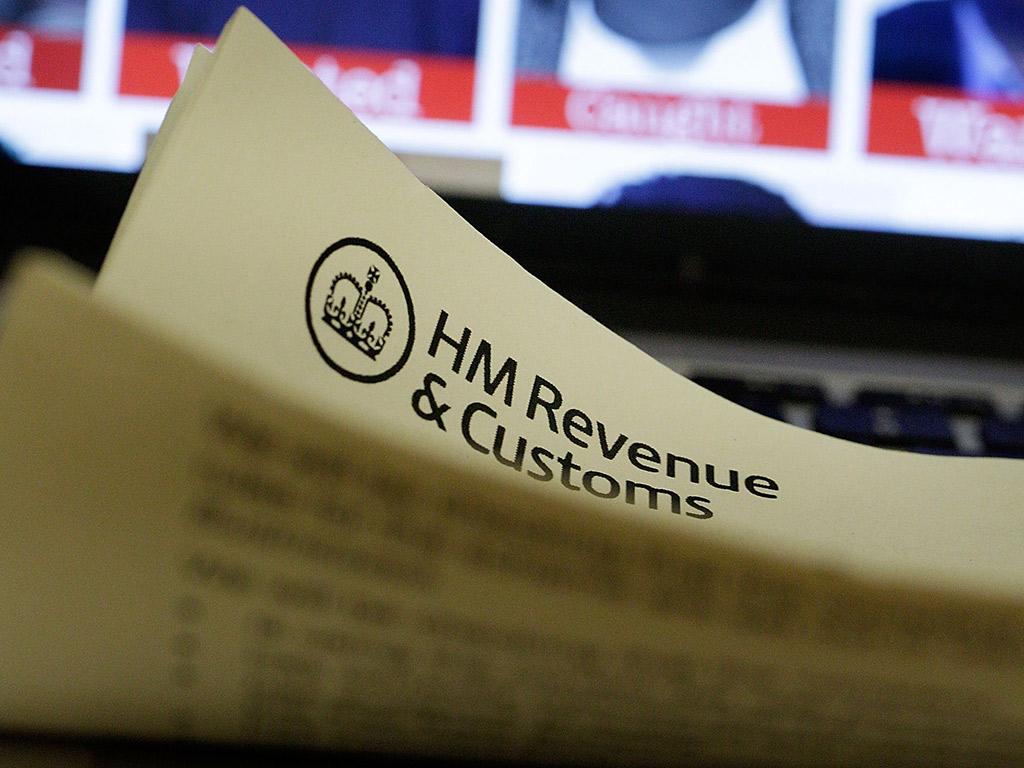Local councils should vet suppliers for tax avoidance, charity says
Christian Aid urges local authorities to use spending power as leverage to force corporations to pay more tax

Local councils should vet their suppliers to find out if they have committed tax avoidance, and “discriminate” against those that have, a leading charity has said.
Christian Aid said that local authorities should use their spending power as leverage to force large corporations to pay more of the tax they owe.
In England alone, local authorities spend around £45bn a year on third party goods and services.
Government departments have been required since 2014 to ask detailed questions about tax to would-be bidders for contracts worth over £5m, but the regulations are only optional for local authorities.
The charity has launched a new campaign urging more councils to demand to know more about their contractors’ tax affairs. Companies must already tell councils whether they have been guilty of tax evasion, and regulations mean that for some contracts, councils must ask questions about tax avoidance in the UK or the country where they were established.
However, they are not obliged to ask about tax avoidance in other countries. Christian Aid said that tax avoidance could be most damaging in poorer countries.
Helen Collinson, a senior advisor at the charity, said that she hoped many more councils would follow the example of Oxford and Richmond, and “discriminate in favour” of companies that had been “socially responsible”.
“This is taxpayers’ money so it is only right that councils choose to work with firms which pay their fair share of tax,” she said.
Jean Fooks, a councillor for Summertown Ward in Oxford, who proposed a motion bringing in new checks on contractors’ tax affairs at Oxford City Council, said: “At a time when councils are struggling with ever deeper cuts to our budgets, it makes sense that we use our spending power to favour companies that pay their taxes.”
Join our commenting forum
Join thought-provoking conversations, follow other Independent readers and see their replies
Comments
Bookmark popover
Removed from bookmarks